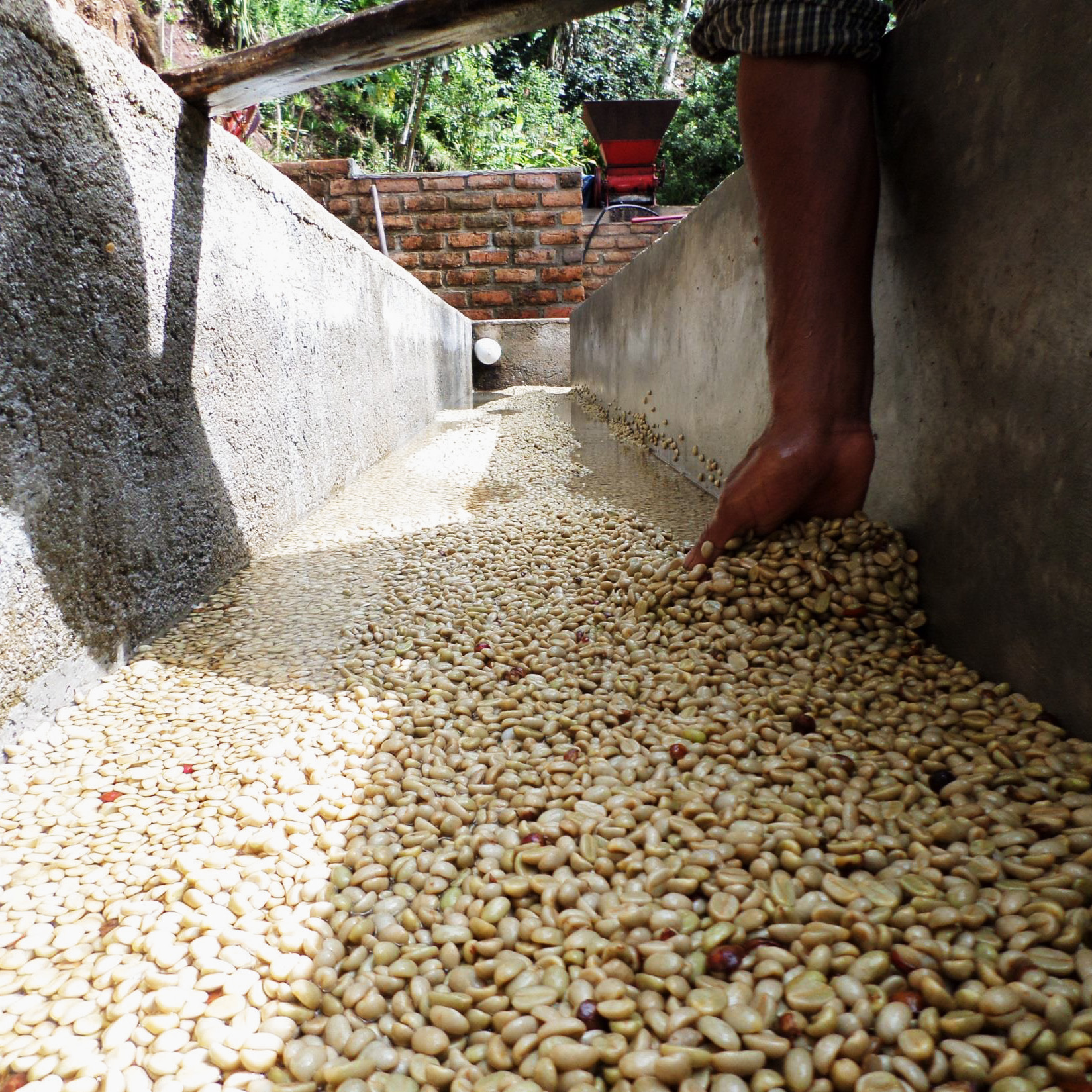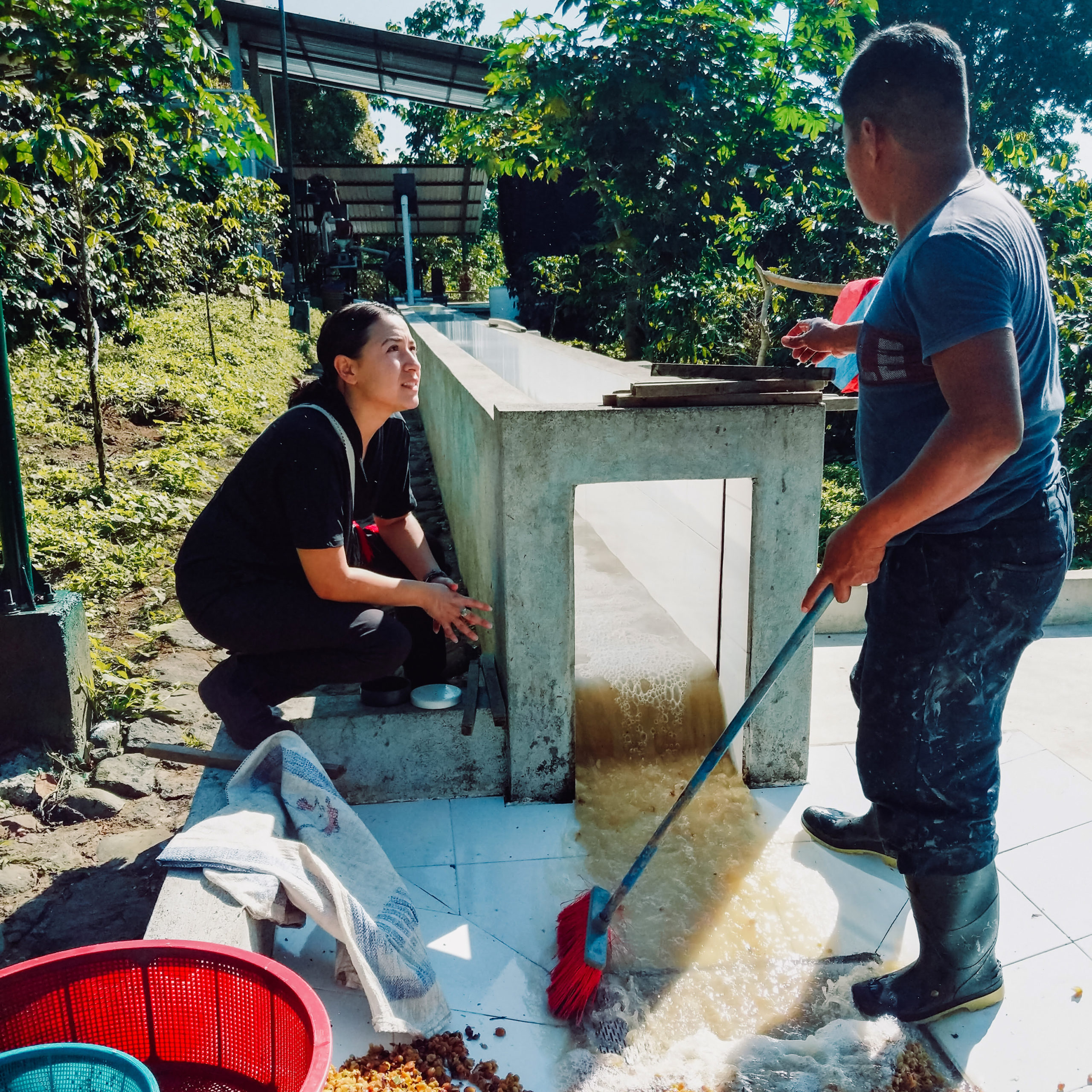by Lucia Solis
What characterises specialty coffee? Ideally, it features an exciting flavor profile, a traceable and transparent route to market, it’s purchased through direct trade, and it’s ethically sourced.
Specialty coffee can be all these things, but at its core it should at least obey one simple mantra: clean, sweet, and uniform. Clean and uniform refer to a coffee’s lack of defects. Sweet is important because specialty coffees are largely drunk black, without any additives.
Clean and uniform coffees are pretty straightforward to achieve. Getting a clean and uniform coffee requires producers to follow basic hygiene rules and track some data. Every producer in the world who follows essential guidelines can get clean and uniform coffee. This is the lowest bar to clear for quality.
But tucked into the middle of the mantra is sweet. And sweetness is the most elusive and problematic of the three properties. Producers all over the world struggle to attain it. I know, because they write to me asking, ‘How can yeast fermentation make my coffee sweeter?’
To begin to answer those questions, I will share what I’ve seen working with my clients and share some recent coffee research I hope to leave you with an informed perspective on the topic of sugar in coffee fermentations and sweetness in your cup.
Coffee Processing
Washed coffee processingCoffee knowledge among producers is mainly driven by tradition and passed down through generations. We take for granted several concepts about processing. Sweetness, one of the foundational concepts, often goes unexamined and unchallenged.
When I began working with producers in 2014 and tried to communicate the results of my work in fermentation, I quickly realized that sweetness is a subject where many of them got lost. This is precisely why we need to have this conversation.
We would all rather have a delicious cup of coffee than a mediocre one. High-quality coffee is important to guarantee deliciousness in the cup. A healthy fermentation is important to ensure a high-quality coffee. And sugar is important to healthy fermentation.
Flavors, quality, and fermentation — all roads lead back to sugar. Therefore, much about coffee depends on the sugar in the coffee fruit.





0 Comments